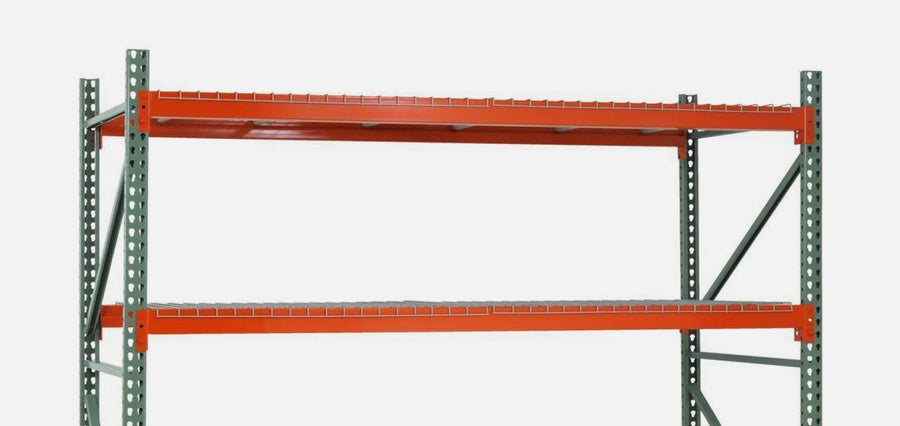Omni-channel supply chains are an increasingly popular stock option for fulfilling orders and meeting customer demand. True to its name, omni-channel fulfillment draws from a central stock pool to meet all customer demands no matter what source they came in from, which can provide certain advantages when it comes to stock management. If you’re considering a move to omni-channel supply chains, or just want to know more about it and what it can do for your warehouse, read on:
- Do you sell products through different channels? Omni-channel supply chains are primarily designed for any retail store or facility that sells products through a large number of storefronts. If your warehouse only stocks for other businesses or sells through just one channel (a website, business-to-business, etc) then omni-channel systems won’t provide many benefits. However, if you sell on a number of storefronts like a website, a catalog, and physical retail locations, omni-channel fulfillment can help you meet these varied demands more quickly.
- Do your products come from a common facility? If you work with a number of different storefronts and retail methods, you’re probably already used to serving multiple needs from the same facility. Before converting to an omni-channel strategy, you may need to consolidate all of your product shipments and replenishment to one centralized location to ensure item counts are more accurate and to make sure orders and fulfillments are completed efficiently.
- Is your warehouse equipped for the extra inventory? Consolidating your shipments into an omni-channel format will result in a much steadier stream of inventory for your facility, and you’ll need to keep up with the demand. Before your changeover is finalized, make sure your workers are trained on the new tracking and picking methods you’ll need, and bring in enough industrial storage to safely store the new products you’ll be dealing with.
- Are your stores prepared to deal with the change in inventory? A frequently-overlooked part of omni-channel inventory is the idea that stores now serve as a point for both receiving and returning inventory, even from other sources. Many businesses that adopt an omni-channel approach use their physical storefronts as a location to fulfill online orders, accept returns from other retail locations or the online store, and more. If you make the move to omni-channel fulfillment, you’ll likely have to bring your store locations up to speed on the new processes and new inventories.
It’s not a perfect approach for every business, but if you have a multitude of sales channels and you’re considering consolidating them, these omni-channel approaches may be the way to go for your business.




















































